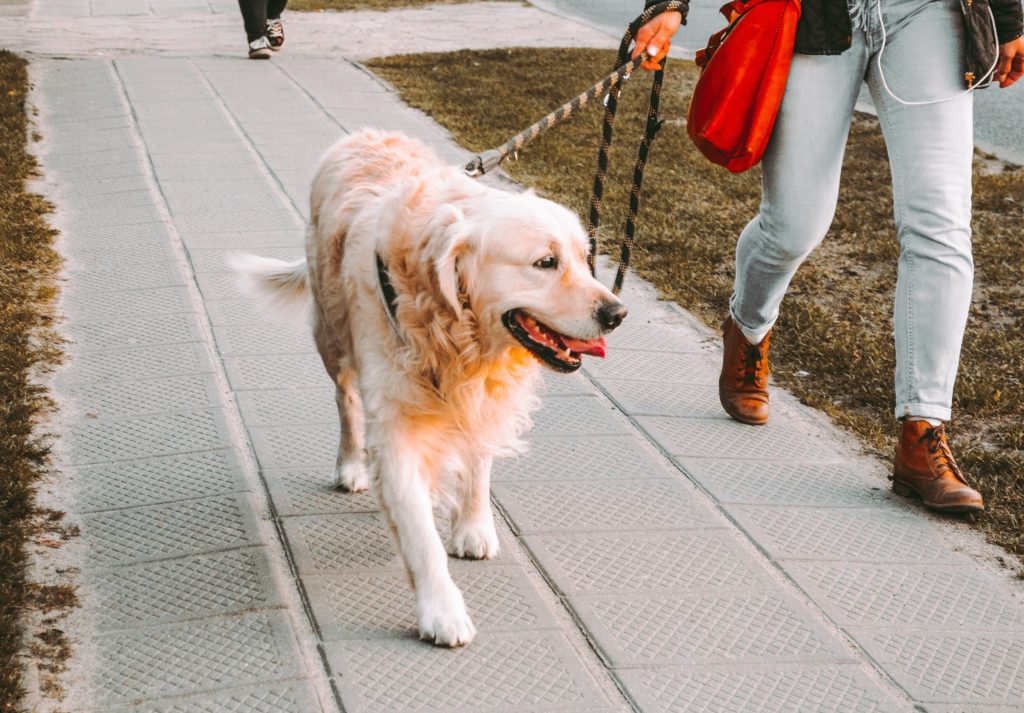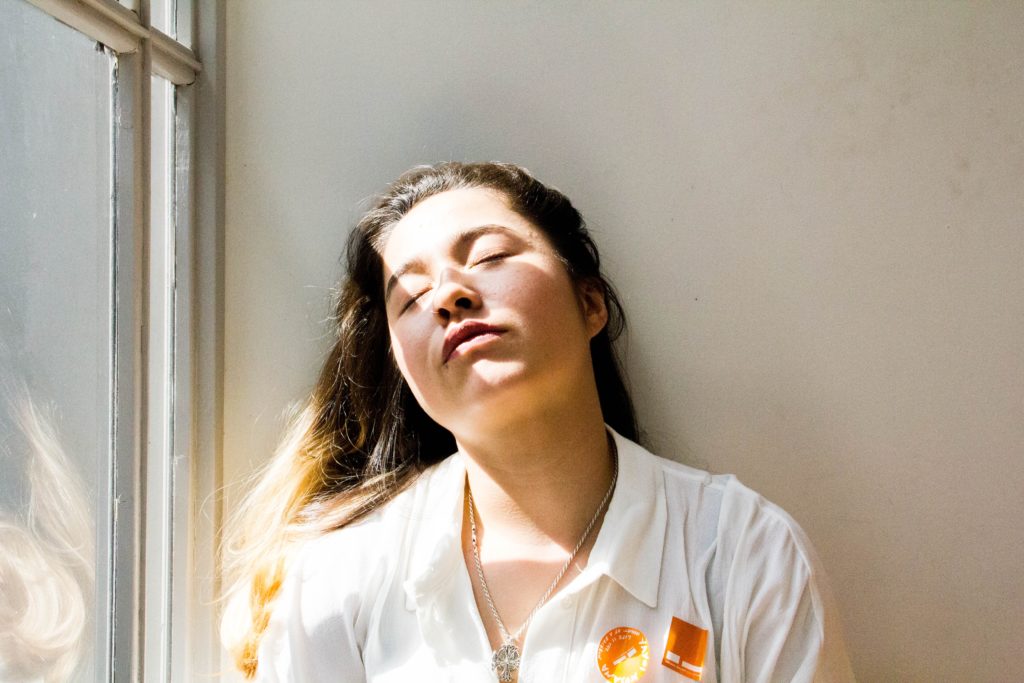I have hypothyroidism and can’t lose weight.
Sound familiar? I was stuck here, too. Nothing makes you feel as helpless as giving it your all, working harder in the gym and eating healthier than your friends, and seeing nothing come of it. It’s all too easy to move from I have hypothyroidism and can’t seem to lose weight to simply resigning yourself to I have hypothyroidism and can’t lose weight. What’s the point of working so hard if it doesn’t get me anywhere, you wonder.
I’ve been there. I’ve almost thrown in the towel countless times. But you are not your diagnosis, and having hypothyroidism does not condemn you to a life without weight loss. (Essential side note: If losing weight isn’t one of your goals, that’s fine too. Only you know what’s best for your life and for your body.) You’re stuck in the mud, I get it. But even though it looks like a dead end, there is a path to weight loss here.
It’s useful to think about this analogy, though. If your body is a car stuck in the mud, there are things you can do — just as there are things you can put down in the mud under your car’s wheels — to create the traction you need to finally get some momentum.
Help! I have hypothyroidism and can’t lose weight
Look around the Internet and you’ll find countless tips for hypothyroidism and weight loss, so how does this differ? Based on my experience, these are the biggest things you can do to get back on track and moving along your path to weight loss. You have hypothyroidism, so you know the heavy feeling, the exhaustion, the way functioning day-to-day takes all of your energy. That’s why I’m only listing the things that give you the biggest returns on your efforts.
Sure, there are other small things you can do. But those can come later when your energy levels have rebounded a bit.
Find a doctor who will treat your symptoms
If you’ve seen a doctor about your hypothyroidism and tried to educate yourself online about your condition, you’ve doubtlessly noticed a glaring issue: There is a lot of disagreement about ideal ranges for your thyroid numbers. You might have even been told you have subclinical hypothyroidism and that you don’t require treatment in the form of medication yet. But there’s nothing subclinical about your exhaustion, the hair you’re losing in massive clumps and, sorry for the bluntness, your complete lack of a sex drive.
If your symptoms are interfering in your daily life, find a doctor who will take that seriously. Do it even if you’re told one or ten times that your numbers aren’t quite right for medication. Read this following sentence as many times as you need to let it sink in: How you feel day-to-day matters. The right doctor will feel that way, too.
Why This Matters for Weight Loss
If you’re constantly exhausted and are gaining weight (or maintaining) on a low number of calories — and you’ve done everything in your power to fix lifestyle factors such as poor sleep hygiene — you probably need medication. (Obligatory note that I am not a doctor. None of this is meant to take the place of a trained medical professional.) The right medication will help get your thyroid function closer to normal and allow your energy levels to rebound. That means all those weight loss tactics you’re already using such as a healthy diet and exercise can do their job. You’ll actually use calories you consume and have the energy to crush your workouts to burn additional calories or put on metabolically active muscle tissue that helps you burn more calories while at rest.

Track everything and stay organized
This will also help your doctor help you. First, pick a standard way to track everything from sleep to energy levels. For some things that will be obvious — calories for tracking food intake, for example — for other things, such as energy, that’s more subjective. I find a scale of 1 to 5 most helpful and a scale of 1 to 10 needlessly subjective. (There’s no clear difference between 6 and 7, for example.)
Before medication, this will help show your doctor that your symptoms are real and measurable. There’s no arguing with weight gain on 1000 calories a day if you can present a food diary. Just make sure in it you’ve tracked your weighed out meals daily. It will also establish that you’ve eliminated lifestyle factors. Let’s say you start going to bed an hour earlier to get more rest. If your energy levels are still a 2, that’s a strong case that your symptoms should be taken seriously.
After your doctor puts you on medication, this will help them evaluate if you’re on the correct dose. Again, this is assuming you found a doctor who understands the importance of looking at both your numbers and your symptoms.
Why This Matters for Weight Loss
Companies selling you shakes and fasts want to make weight loss complicated. Yes, hypothyroidism makes weight loss harder, but it doesn’t change the formula. To lose weight, you simple have to create a caloric deficit. Keeping a food journal will not only help you create and maintain this deficit but also reveal patterns where you slip up. Sometimes we don’t know we always snack right when we get home until we log the calories.

Stay active even when you feel like shit
It’s probably the last thing you want to hear if your concern is I have hypothyroidism and can’t lose weight. But hear me out. Do you need to log sprints at the gym? No. Do you need to sweat it out for 45 minutes on the StairMaster? No. When your hypothyroidism makes you feel exhausted, though, you do need to get outside and get moving.
Losing weight with hypothyroidism can be a long, frustrating road. It’s easy to slip into telling yourself your story is “I have hypothyroidism and can’t lose weight”. Until you can find a doctor who takes your symptoms seriously, your main job is to manage yourself. That means regulating all aspects of your health as well as possible, given your exhaustion. Hypothyroidism leaks into everything from metabolism to quality of sleep, but moving even a little can help mitigate these effects.
Why This Matters for Weight Loss
Morning walks in particular help counter a couple of these feelings, in my experience. Exposure to sunlight first thing in the morning regulates your circadian rhythms, which can help you log better zzzs. Better sleep means fewer cravings, less of the hunger hormone and lower levels of cortisol. If it’s hard to lose weight, you can at least make sure you’re retaining as little as possible until you find the right doctor.
A morning walk is a great way to log steps before breakfast, and it’s a good habit to set up. If your doctor puts you on hypothyroid medicine, you’ll need to create a fasted window. You can’t eat for 30 minutes to an hour after you take it. One easy way to do this is to take your medicine and then go for a long walk before breakfast. And, of course, if your body is burning calories less efficiently, moving as much as you can helps. Leisurely morning walks feel like less work and are therefore less exhausting than a slog on the treadmill. Yes, walking your dog counts!
One final note: Still feeling lost thinking, “I have hypothyroidism and can’t lose weight”? Don’t worry, we’ll be updating the site with more guides to help. From finding the right doctor to blood tests you should ask for, we have you covered.

2 thoughts on “Where to start if you think you have hypothyroidism and can’t lose weight”
Comments are closed.